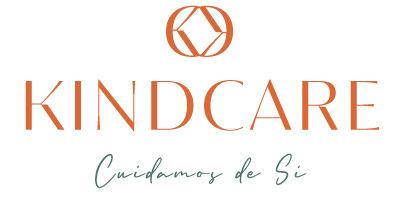With an aging population, the need for specialized care for the elderly arises. Families often face the tough decision of choosing between home care or a nursing home. Both types of services have their advantages and disadvantages, and the ideal choice depends on the specific needs of each elderly person. This article explores the main differences between these options, helping to make an informed decision.
What is Home Care?
Home care is a service that offers personalized assistance at the elderly person’s home. This form of care allows them to continue living in their familiar environment while receiving support in areas such as personal hygiene, meals, household tasks, and medication management. The goal is to maintain the elderly person’s independence while providing care that improves their quality of life.
Advantages of Home Care
- Maintaining Autonomy: The elderly person stays in their home, which supports their independence and emotional well-being.
- Flexibility: Services are tailored to the specific needs of the elderly person, with varying frequency and intensity.
- Familiar Environment: Staying at home allows the elderly person to be in a familiar setting, which can reduce stress and feelings of isolation.
Disadvantages of Home Care
- Costs: Depending on the number of hours and type of care required, home care can become expensive.
- Limitations in Medical Care: In cases of complex health issues or when continuous care is needed, home care may not be sufficient.
What is a Nursing Home?
Nursing homes are specialized institutions that provide 24-hour care. This type of facility is ideal for elderly people who require continuous care, both medical and personal. In nursing homes, seniors have access to a team of professionals who monitor their health and well-being on an ongoing basis.
Advantages of Nursing Homes
- Continuous Medical Care: Specialized teams are available to meet all of the elderly person’s needs, especially in emergency situations.
- Social Activities: Many nursing homes offer social activity programs that promote interaction and prevent isolation.
- Safe Environment: Continuous supervision is ensured, which is essential for elderly people with reduced mobility or serious health conditions.
Disadvantages of Nursing Homes
- Loss of Autonomy: The elderly person may feel less independent due to the institutionalization and strict rules of the facility.
- Discomfort with Change: Moving to an unfamiliar environment can be emotionally difficult for many elderly people, especially those accustomed to their own home.
- High Costs: Depending on the quality of facilities and services offered, nursing homes can be quite expensive.
What is the Best Option?
The choice between home care and a nursing home depends on several factors. The elderly person’s health condition is the main criterion. Seniors who can still manage most of their daily activities may benefit more from home care, while those requiring continuous medical care may be safer in a nursing home. Additionally, personal preferences of the elderly person and their family, as well as the available financial resources, should also be considered.
Conclusion
Each solution has its advantages, and the final decision should be based on the individual needs of the elderly person. It is important to carefully assess the level of care required and balance the senior’s autonomy with safety and the quality of services provided.
For those seeking a solution that combines autonomy and safety, the KindCare Home Care Service in Cascais offers personalized care, ensuring that seniors can remain in the comfort of their home while receiving the necessary assistance to improve their quality of life.
